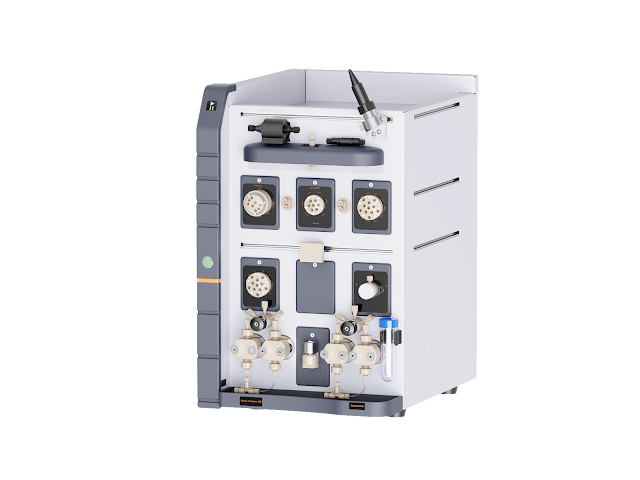FPLC Chromatography and Its Role in Fast Protein Liquid Chromatography (FPLC)
In modern biochemistry and molecular biology, efficient separation of proteins is crucial for research and industrial applications. FPLC chromatography and Fast Protein Liquid Chromatography (FPLC) have emerged as essential techniques, offering precise, reliable methods for purifying proteins. These technologies streamline the process, allowing researchers to isolate proteins with high purity and efficiency, making them integral to advances in biopharmaceuticals and academic research.
Understanding FPLC Chromatography
FPLC chromatography is a form of liquid chromatography designed specifically for separating proteins and other biomolecules. It operates under moderate pressure, allowing for the resolution of complex protein mixtures while maintaining the biological activity of the molecules. One of the key advantages of FPLC chromatography is its ability to provide high-resolution separation without compromising the structural integrity of delicate proteins, making it a preferred method in biopharmaceuticals and academic research.
Applications of FPLC Chromatography
The applications of FPLC chromatography are widespread, particularly in the purification of proteins for therapeutic use or structural analysis. This method is invaluable in producing highly pure proteins needed for drug development, vaccine production, and enzyme research. Its precision ensures that proteins can be isolated from complex mixtures with minimal contamination. This is especially important in clinical research, where the purity of proteins can impact the efficacy of treatments being developed.
Advantages of FPLC Chromatography
One of the major advantages of FPLC chromatography is its ability to automate the separation process. This automation increases reproducibility, reduces human error, and speeds up the workflow, allowing for more efficient experimentation. Moreover, the technology behind FPLC chromatography includes sophisticated software that controls the separation process, ensuring that even complex protein mixtures are purified to the highest standards. These capabilities make it a staple in laboratories worldwide.
What is Fast Protein Liquid Chromatography?
Fast Protein Liquid Chromatography (FPLC) is a highly efficient technique used for the purification of proteins and other biomolecules. This method operates at low to medium pressure, ensuring that proteins remain intact throughout the separation process. The design of Fast Protein Liquid Chromatography systems allows for high-resolution separation, making it ideal for purifying large quantities of proteins in a short period of time. Its versatility and reliability make it a go-to method in both research and industrial settings.
Methods Used in FPLC
Several different techniques can be employed in Fast Protein Liquid Chromatography, depending on the properties of the target protein. Commonly used methods include ion exchange chromatography, size exclusion chromatography, and affinity chromatography. These techniques allow researchers to separate proteins based on their charge, size, or specific binding properties. By combining these methods, Fast Protein Liquid Chromatography provides researchers with a robust and flexible approach to protein purification.
Importance of Fast Protein Liquid Chromatography
The importance of Fast Protein Liquid Chromatography lies in its ability to quickly and effectively purify proteins, which are essential for many biochemical and pharmaceutical applications. Purified proteins are used to develop drugs, study enzyme activity, and explore protein structures. The speed and precision of Fast Protein Liquid Chromatography ensure that researchers can obtain high-quality protein samples, driving advancements in fields such as medicine, biotechnology, and academic research.
Conclusion
In conclusion, both FPLC chromatography and Fast Protein Liquid Chromatography are critical in modern scientific research, providing efficient and precise methods for protein purification. These technologies have become indispensable in both academic and industrial labs, offering a reliable solution for obtaining pure proteins. For more information on these methods, visit inscinstech.com.cn, where you can explore further details about these advanced technologies.
.jpg)
.jpg)

Comments
Post a Comment